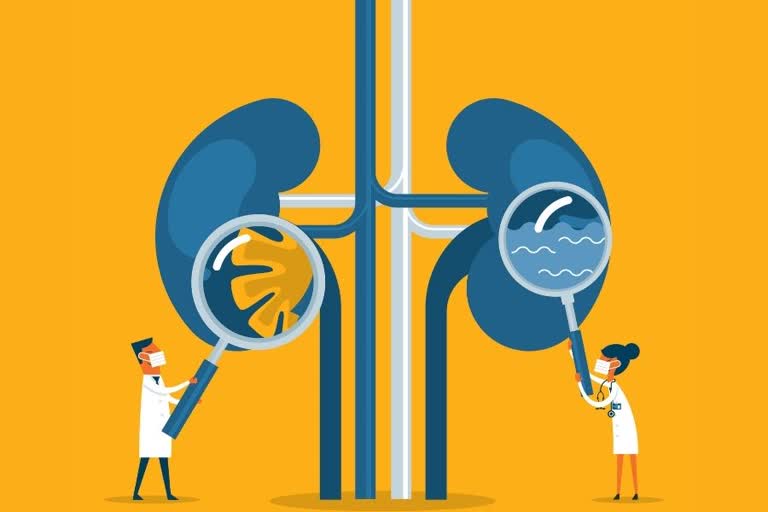Kidney fibrosis, or scarring, is a serious long-term consequence that can occur virtually after any injury to the kidney and correlates with kidney function.
The fact that the coronavirus can result in severe damage in the human body is known, and also that the kidneys can get infected. But what exactly happens in the kidney as a result of the infection, remains elusive until now.
Researchers from the RWTH Uniklinik Aachen, Germany, and the Radboud University Medical Center in The Netherlands, investigated the kidney tissue of COVID-19 patients admitted to the intensive care unit.
The findings, published in the journal Cell Stem Cell, showed scarring of the tissue as compared to ICU patients with a non-COVID-19 lung infection and a control group.
Next, to explore the cause of the kidney damage and to understand whether it is a direct effect of the virus, independent of systemic inflammation, the team cultured mini kidneys in the lab, called organoids. The kidney organoids are developed from stem cells and contain many different kidney cells, except immune cells.
The kidney organoids were infected with SARS-CoV-2 and the researchers investigated the direct effect of the virus on the kidney cells, independent of potential secondary effects caused by immune cells or other systemic effects.
